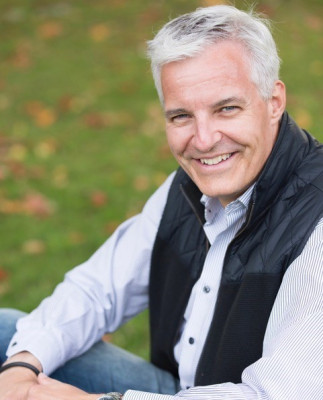Abstract: While there is much experimental evidence supporting the Standard Model of particle physics, it leaves multiple phenomena in nature unexplained, suggesting that it is far from complete. New Physics, in the form of new interactions and particles, is likely required to further our understanding. The high-intensity and high-precision frontiers of collider-probed physics are key to searches for answers to the fundamental questions not satisfied by the Standard Model: these include universal differences in the properties and abundances of matter and antimatter, matter and dark matter, and matter of one 'flavour' compared with that of another. Complementary to the high-energy frontier program at the Geneva-based Large Hadron Collider at CERN, with its discovery of the Higgs boson and exclusion of significant swaths of theoretically predicted new-phenomena parameter space, the next-generation Belle II super-B factory experiment situated on the Japanese asymmetric-energy matter-antimatter SuperKEKB accelerator, the world’s newest particle collider, has commenced physics data-taking and begun to amass an enormous sample of electron-positron collisions and bottom-quark decays. In this talk, I will define and motivate the importance of Flavour Physics experimentation in today’s particle physics world, then highlight a selection of recent precision measurements of processes that could open a window to discovering New Physics, outside the reach of the highest energy colliders, by examining certain particle decays, predicted by the Standard Model to be rare or forbidden.
Bio: Andreas Warburton is a Professor of Physics at McGill University engaging high-energy matter-antimatter and matter-matter particle colliders and multipurpose detector technologies to seek an improved understanding of the basic constituents of our Universe and the forces that govern their interactions. His recent focus has been on the ATLAS Experiment on the Large Hadron Collider at CERN in Europe and the Belle II Experiment at the KEK laboratory in Japan. Prior to these, Warburton collaborated on the collider experiments CDF and CLEO at Fermilab (in Illinois) and Cornell University (in New York), respectively. For more detailed bio info, see https://cern.ch/Andreas.Warburton

